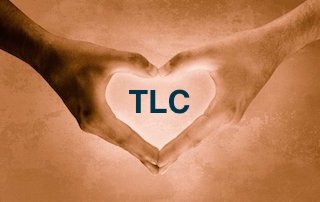Sugar now has a bad reputation, as does fat. Both have been
linked to a lot of degenerative diseases and unwanted health issues. So how do
you make holiday cookies, cakes and pies without the traditional white sugar
and solid white oil? You use good sugars and good oil.
No all sugars are the same. There are natural sugars and
man-made sugars. Man-made sugar from corn used to be known as high fructose
corn syrup. It has been renamed as fructose. Fructose was considered fruit
sugar, but now it is a highly processed GMO corn sugar.
Fructose as a refined sugar spikes blood sugar rapidly,
compared to natural sugars that are metabolized slowly as food. Another
man-made sugar that has seen a name change contains aspartame. This artificial
sweetener is now amino-sweet, with the same toxic chemical compounds.
Good fat in the form of oil is needed in all baked goods.
The best fats and oils to use occur naturally as foods. Man-made oils are made
by adding hydrogen gas to create a solid mass at room temperature. The process
is called hydrogenation, and it produces a fat known as a trans fat or
hydrogenated fat.
Trans fats are flat molecules, like a pad of paper. Good
natural fat is like many crumpled up papers. Natural fats are easily used as
building blocks by the body for the brain, nervous system and all cell
membranes due to their shape. Only 18 days are needed for the body to use a
good fat, while it takes 51 days to break down a trans fat.
This holiday season can be a
time of great joy, and sharing many festive foods with family and friends. Join
the growing movement of healthier food choices in preparing holiday sweets. Here
is a simple guideline of what sugars & fats to avoid and what to use
instead. Enjoy the sweetness of the holiday season!
Avoid These Sugars & Oils Replace With These Sugars & Oils
|
White Sugar (made from GMO corn), Fructose AKA High
Fructose Corn Syrup
|
Stevia, Organic 100% Cane Sugar, Organic Honey, Organic
Coconut Sugar, Organic Raw Sugar or Organic Maple Syrup
|
|
Commercially Prepared Oils, Shortening, Margarine (Usually
rancid synthetic oils with added chemicals and food colors)
Canola Oil /Cottonseed Oil (from GMO seeds)
|
Organic Coconut Oil
Organic Cold-Pressed Food Oils (best in dark bottles)
Organic Extra-Virgin Olive Oil
|
Visit TLC Holistic Wellness for more information and
to learn about our free Holiday Gift for New Patients.

